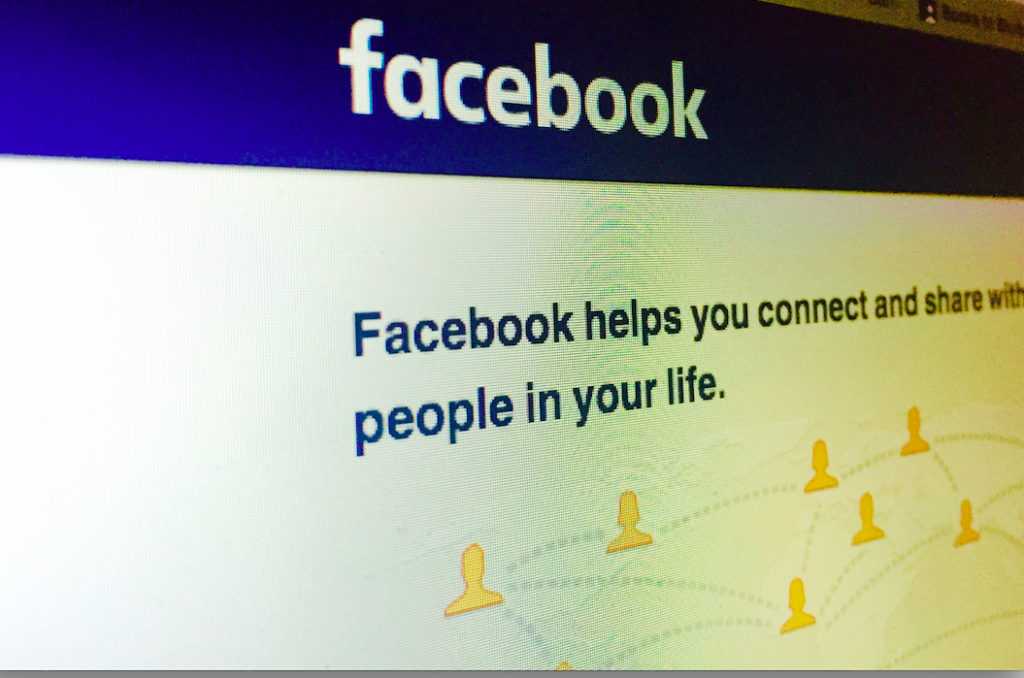One of the finer blog posts on the True Detective series comes from Nathaniel Booth over at Filmwell. The entire essay is well worth your time, but specifically I was fascinated by Booth’s take on the nihilistic philosophizing of Rustin Cohle. Calling Cohle’s Nietzschean ruminations “window dressing,” Booth considers whether we recoil from the troubled detective because we think he’s wrong or because we’re afraid he’s not:
The real root of True Detective‘s horror is not the murder, not the Gothic trappings, not the ritual sacrifices–it’s Cohle himself. As on-the-nose as his arguments might be, as predictable as they seem, they have a certain power–perhaps only for a certain kind of person–because, deep down, I think most people are deathly afraid that Cohle might be right. Indeed, this is the deep fear at the heart of all our loathing of banality—not simply impatience with triteness, but a secret perhaps unacknowledged fear that the trite answer might be the correct one after all. The very emptiness of his arguments is more horrifying than anything he says.
Cohle’s banal philosophizing isn’t the testimony of a man who has thought deeply about the world and come to certain conclusions about the nature of reality; rather, the fact that he mouths such trite sentiments, such pretentious claptrap, says more about the mindless fate that rules over his universe than any number of words could. He is, in a real sense, dangerously close to becoming the Unman of Perelandra.
This is basically a classic description of despair against the problem of evil. Recall that the death of Cohle’s daughter is the most significant personal fact that we learn about him. When Cohle tells Hart that he believes human beings should willingly cease to exist, he refers to human life as a “raw deal.” These are the words of a person overcome by the invasion of death and evil.
Interestingly, Cohle’s dialogue with Hart over the merits of religion has a contemporary significance. The scene that I am referring to, outside Joel Theriot’s tent revival, is set in 1995, but its impossible to not hear the words of Pascal Boyer’s 2002 book Religion Explained. Cohle refers ambiguously to “certain linguistic anthropologists” who dismiss religion as a psychological phenomenon like a viral infection. I have no way of knowing whether TD writer Nic Pizzolatto is directly referencing Boyer’s work, but Cohle’s dialogue is remarkably similar to it.
Now Booth’s point is that Cohle is not a philosopher but an empty shell of a human being, using despair to fill the empty spaces in his soul. Has Cohle finally found an explanation of religion that reflects his own heart of darkness? And could it be that human beings, even in our most celebrated academic disciplines (like cognitive science or linguistics), tend to find the results that reflect, if not our dialectical posture, our existential crises?
Read that last paragraph again, and then listen to Cohle’s words to Hart: “You have to get together, tell yourselves stories that violate every law of the universe, just to get through the day?” “Religion is transfer of self loathing onto an authoritarian vessel; it absorbs dread with its narrative.”
Can Cohle not see how he is transferring his own self loathing onto many vessels…namely, the human race? Cohle believes that Death would absorb his meaningless pain along with the meaningless back and forth of the universe. As Booth says, he hasn’t philosophized his way to that conclusion, he has suffered to it. All of his theorizing simply serves his own narrative; thus, Cohle is a living illustration of that which he despises.
The character of Rust Cohle is a brilliant reflection on how human nature works. In order to protect ourselves, we adopt beliefs that we even find repulsive in others. The downward spiral of a godless worldview begins not with a discovery but a flight.











